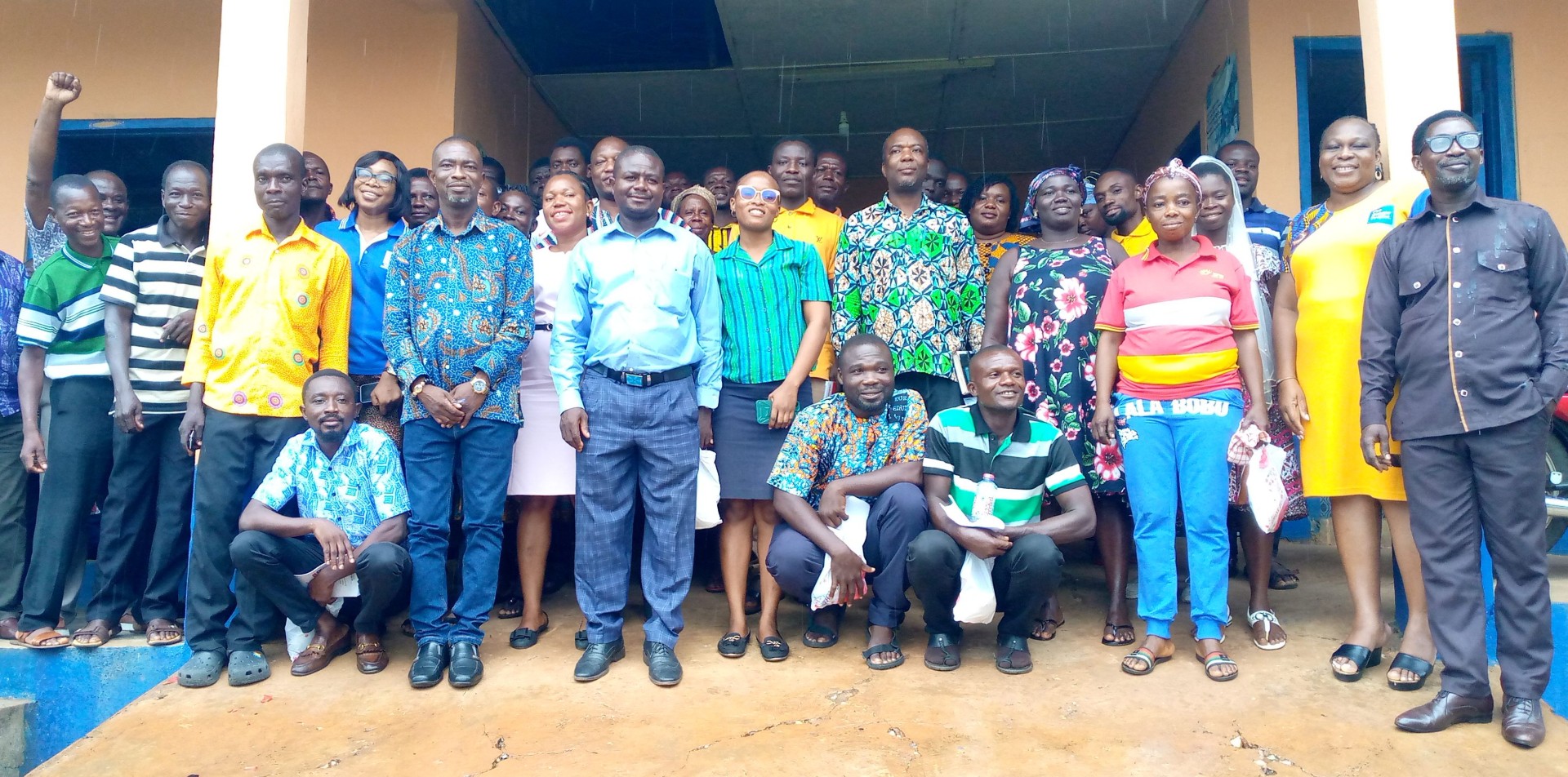
By Samuel Lartey (Prof)
In Ghana, food is not just a necessity, it is a deeply embedded part of culture, symbolising care, unity, and sustenance. However, with rising food prices and economic challenges, families have developed creative ways to manage scarcity while still presenting meals that reflect dignity and abundance.
A common cultural practice involves showcasing a piece of fish or meat on a dish, symbolising richness even when the quantity is limited. While this practice preserves tradition, it raises concerns about nutrition and balanced diets, especially in times of financial strain.
This publication explores the dynamics of Ghanaian food culture, the financial realities of scarcity, and how households can maintain healthy, balanced diets without compromising cultural values.
Cultural Practices and Financial Realities
One of the most notable cultural practices in Ghana is serving a meal with a visible piece of fish or meat on top, often without the expectation that every family member will consume it. This symbol, often seen in dishes like jollof rice, waakye, and banku, is a sign of abundance, even when resources are limited.
According to the Ghana Statistical Service, food prices in Ghana have steadily increased since 2017, with inflation peaking at 54.1% in December 2022. The cost of fish, for example, rose by 25% in the first half of 2023, and meat prices increased by over 30% due to supply chain disruptions and the depreciation of the cedi.
These economic pressures have forced households to adopt strategies like reducing protein portions or replacing them with symbolic gestures to save costs.
Balancing Nutrition with Tradition
While the practice of showcasing fish or meat helps preserve family dignity during meals, it can also lead to nutritional imbalances. Fish and meat are primary sources of protein, which is vital for growth, immune function, and overall health. However, relying on symbolic portions may lead to insufficient protein intake, particularly for children, who require higher levels for healthy development.
According to a 2021 Ghana Health Service report, 30% of children under five are at risk of malnutrition due to poor dietary diversity. The lack of sufficient protein in meals, exacerbated by rising food prices, contributes to this worrying trend. Though carbohydrates like rice, fufu, and kenkey provide energy, a balanced diet with adequate protein and vitamins is essential for long-term health.
Affordable Alternatives and Financial Benefits
In response to these challenges, many Ghanaian households are turning to more affordable, yet nutritious, alternatives. Beans, lentils, and eggs, which are significantly cheaper than fish or meat, provide excellent sources of protein.
For instance, a kilogram of beans costs approximately GHS 18.50, while a kilogram of fish averages GHS 52.50, according to market data from Esoko Ghana. By incorporating more plant-based proteins, families can ensure better nutritional balance while reducing their food expenditure by up to 20%.
Additionally, traditional leafy greens like kontomire and aleefu are rich in vitamins and minerals. These vegetables are often grown in home gardens, providing a cost-effective way to supplement diets without additional expenses. A World Bank report from 2020 estimated that households practicing subsistence farming in Ghana save an average of GHS 150 per month on food costs.
Conclusion
Ghanaian households face the dual challenge of managing food scarcity while maintaining the cultural values that emphasise dignity and abundance. The practice of showcasing fish or meat as a symbolic gesture reflects deep cultural roots, but it also raises concerns about nutrition, especially as food prices continue to rise.
By adopting affordable alternatives such as beans, lentils, and homegrown vegetables, families can maintain balanced diets without compromising their values.
As the economic landscape in Ghana continues to evolve, a combination of cultural preservation and practical nutritional strategies will be key to ensuring the health and well-being of future generations. Ultimately, Ghanaian families have proven that with resourcefulness and creativity, they can strike a balance between tradition and health, even in times of financial constraint.
The post Balancing culture and nutrition in meals: a lifestyle in resourcefulness appeared first on The Business & Financial Times.
Read Full Story











Facebook
Twitter
Pinterest
Instagram
Google+
YouTube
LinkedIn
RSS